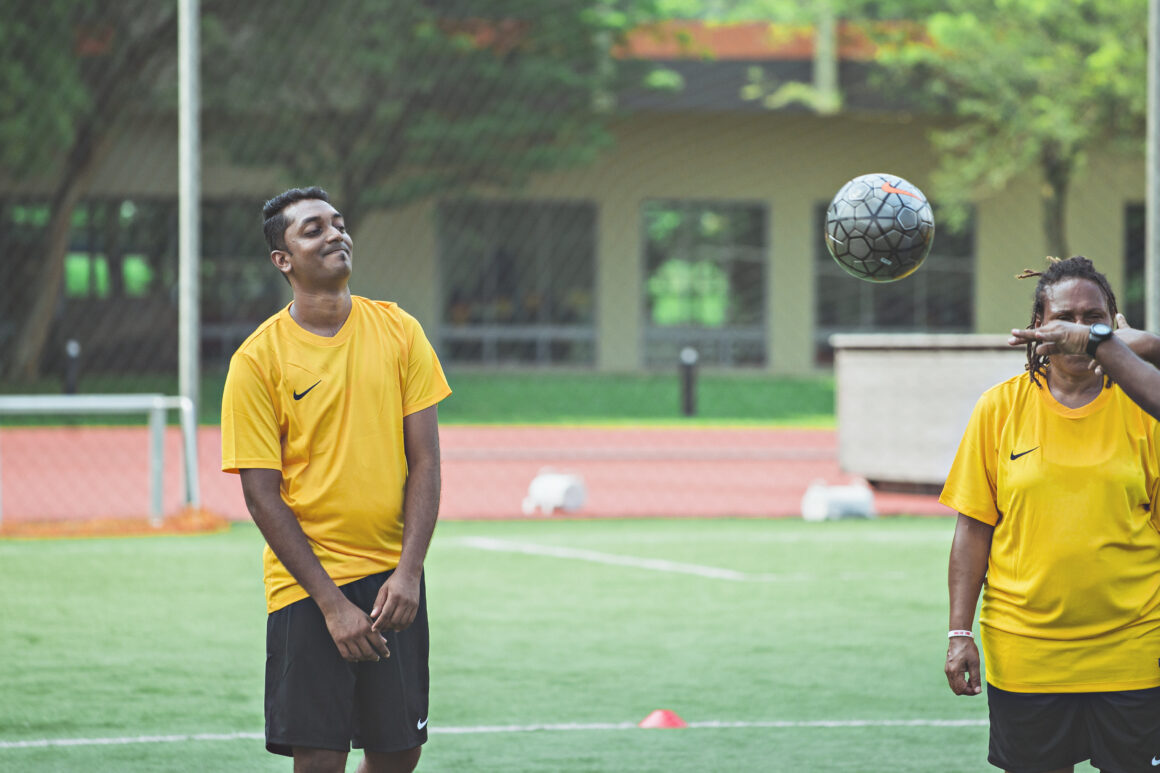When the name “Molly Esther” was announced as Fiji’s Sportswoman of the year, I felt like a proud Dad. I watched Molly walk on stage to receive her award – the most prestigious sports award in Fiji – and I just couldn’t stop smiling. I will never forget that moment in time, when a 16-year-old made history by becoming the first athlete with intellectual disabilities to receive the industry’s highest accolade.
It was 2016, a year after Team Fiji had taken home eight medals from the 2015 Special Olympics World Summer Games held in Los Angeles. Molly was one of six athletes who had represented Fiji in athletics, winning two gold medals and a silver.
I had the privilege of coaching the team, sharing in their accomplishments and joy at those Games. I was thankful to have been a part of Molly’s journey, watching her grow from a shy child to a confident sports star.
Athletes like Molly have made my personal journey with the Special Olympics movement, which began in 2014, an unforgettable one. I work as a teacher in a special education school, and I love sports. Serving as a volunteer coach for athletes with intellectual disabilities was the perfect fit for me.
Building a bond with these special children takes time, patience and effort. As a teacher and coach, I try to find creative ways to help them learn by conducting my lessons outdoors, and using games to capture their attention. But once you have their trust, it’s impossible to turn your back on them. I have grown so attached to all my students and athletes, I feel like their big brother. Even when I’m going away for just a week or two, I get hugs from all of them asking me not to leave.
We are fortunate to have a fairly inclusive culture in Fiji. Whenever we organize unified football matches, bringing together people with and without intellectual disabilities to play on the same team, the community is supportive and everyone has a good time.
But sometimes, the difficulty lies in helping parents understand that they cannot keep their children hidden at home all the time. Parents tend to be over-protective and fear that their children will not be able to cope, that they will be a burden to the community, or that they may hurt themselves.
We must help parents understand that growth is often uncomfortable, messy, and full of challenges we weren’t expecting. But if we play small, we stay small. And the responsibility lies with each and every one of us, to lend our support and be inclusive towards our friends with disabilities, so that we can all grow as a society.
Personally, as a sportsman, I do not feel that I have achieved my fullest potential. But as a coach, witnessing the accomplishments of our athletes and knowing that I had played a role in their success, is enough for me. Through them, I have achieved my dreams.

